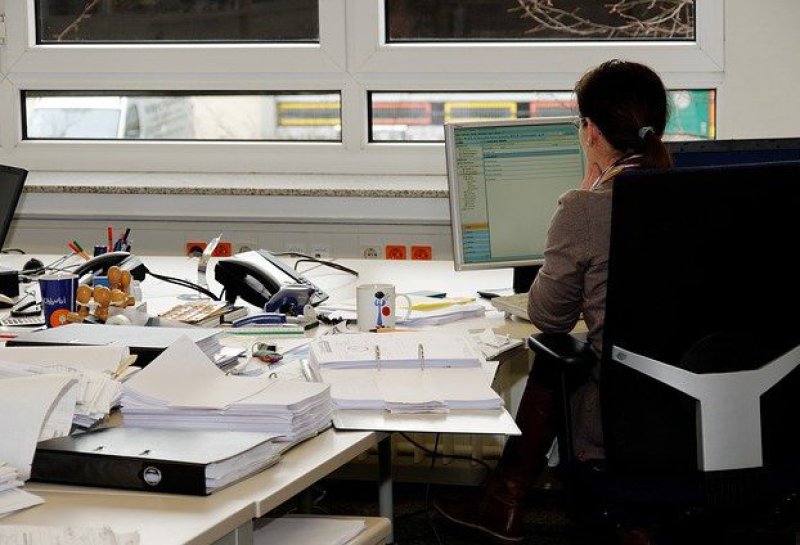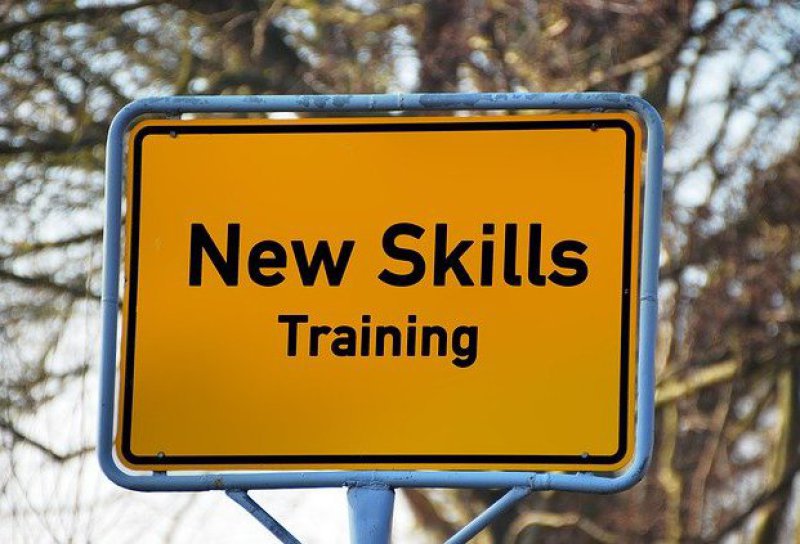

NHS medical secretaries make sure that our frontline staff are able to dedicate their time to patient care while personal assistants support senior staff, management and leaders.
Working environment
As a medical secretary or personal assistant, you'll usually work for a senior member of staff or group of staff. This could be in variety of organisations, a general practice, a pharmacy or hospital. It can also include the private and charity sectors. You'll support the work of a department by taking on administrative and secretarial tasks. For example:
typing
arranging meetings and taking minutes
managing diaries
arranging travel or home visits
dealing with enquiries
taking phone calls
ordering stationery
dealing with post and emails
creating and updating spreadsheets and databases
You could be based in clinical areas such as:
hospital departments of all types
specialist clinics, including cancer centres or accident and emergency units
GP surgeries and health centres
You may have contact with patients and their families as well as with healthcare staff and other admin staff.
Personal assistants may also be based in non-clinical areas such as NHS headquarters buildings where there is little or no contact with patients.Medical secretaries/personal assistants may supervise a team of admin/secretarial staff such as clerks or typists
Entry requirements, skills and interests
Medical secretaries/personal assistants have usually worked elsewhere in the NHS so they have experience of medical terminology and NHS ways of working.
There are no set entry requirements for a medical secretary/personal assistant. However, employers expect excellent keyboard skills. They may ask for qualifications in typing or word processing. Employers also expect a good standard of literacy, numeracy and IT skills. They may ask for GCSEs or equivalent qualifications. You may be able to enter an apprenticeship through an administrative role and through further training and qualifications, progress to more senior roles as a medical secretary or personal assistant.
They support the work of a department or whole organisation.
Personal characteristics
As a medical secretary or personal assistant, you'll need to :
work accurately and methodically
meet deadlines
use medical terminology
pay attention to detail
work in a team but use their own initiative
work with all types of people
be helpful and reassuring if dealing with patients and their families
Skills required :
excellent keyboard skills
IT skills
good spelling and grammar
organisational skills
Pay and Conditions
Medical secretaries and personal assistants in the NHS are paid on the agenda for change (afc) pay system. For this type of role your expected pay band would be 3 or 4. With experience and/or an AMSPAR qualification you could progress to band 5. Terms and conditions will differ for health organisations outside of the NHS. This could include general practice and pharmacies. Standard hours are generally 37.5 paid hours for a full-time contract. Flexible hours and part-time work are generally available. Depending on the employing organisation, the role could include early starts, weekends and evenings.
Pay examples (hourly rate) :
From 1st April 2020
National Living Wage Adult £8.72
21-24 £8.20
18-20 £6.45
16-17 £4.55
Apprentice £4.15
Living Wage Foundation
Uk Rate £9.50
London £10.85
Band 3 <1 year £10.09 rising to £10.81
Band 4 <1 year £11.19 rising to £12.35
Band 5 <1 Year £12.74 rising to £15.66
Training, development and career progression
Where the role can lead :
With experience become an administrator or middle manager or move to a specialist medical department or other areas such as finance, HR or clinical records. More opportunities now exist to move into other areas such as informatics (electronic data, IT).
Your employing organisation will get the training you need to do the job. This includes an induction or introduction to the department/organisation, how to use the IT and phone equipment and the procedures to follow. You may also have training in customer care.
You may be offered the chance to take qualifications such as our AMSPAR accredited courses. These are nationally recognised by the NHS and other health organisations.
AMSPAR accredited/approved qualifications
We are located at:
AMSPAR
Tavistock House South
Tavistock Square
London WC1H 9LN
Use the quick access buttons below;
Contact us today!
If you have any queries or wish to make an appointment, please contact us:
Phone: 020 7387 6005
X (Twitter): @AMSPARUK
E-mail: info@amspar.co.uk







